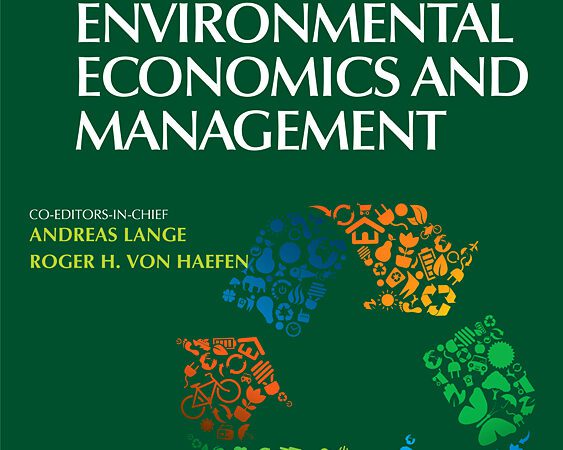
We study optimal harvesting of a renewable resource with stochastic dynamics. To focus on the effect of risk aversion, we consider a resource user who is indifferent with respect to intertemporal variability. In this setting, a constant escapement strategy is optimal, i.e. the stock after optimal harvesting is constant. We find that under common specifications of risk aversion, increasing risk and risk aversion increase current resource use. We show that this is due to an investment effect, i.e. the resource user invests in risk free alternatives, rather than the risky resource stock. A quantitative application of the model for the Eastern Baltic cod fishery shows that risk and risk aversion can have a much larger effect on optimal harvesting than found in the previous literature.
